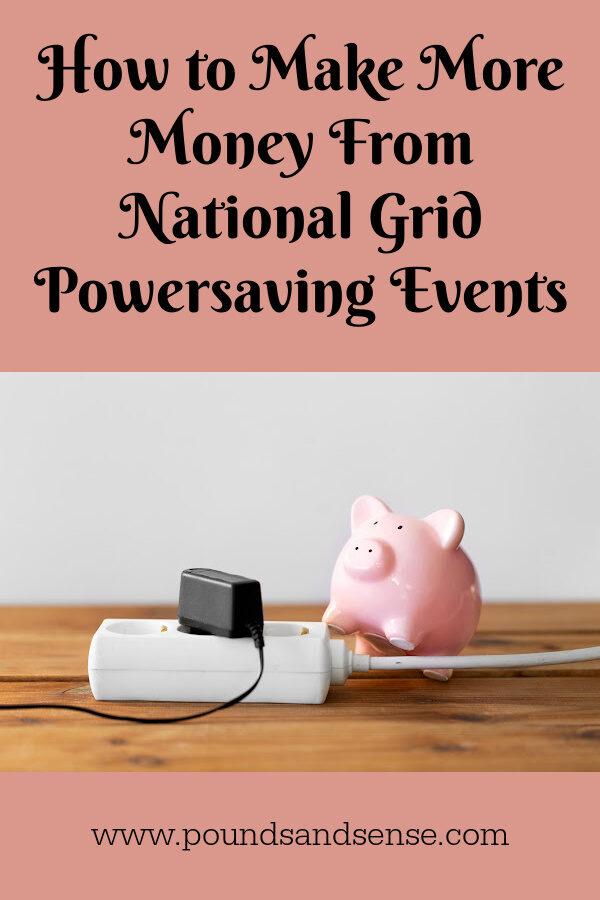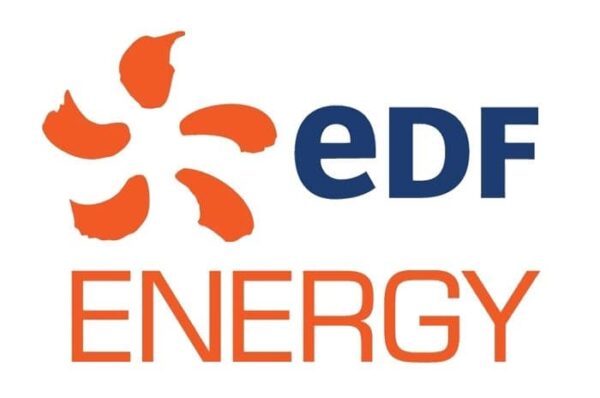How to Make More Money From National Grid Powersaving Events
For the second winter in a row, some energy companies are offering incentives to customers to reduce their electricity use during periods of peak demand. Payments are made to those who succeed in doing this.
Most large energy companies – and some smaller ones – are running schemes, though some by invitation only. At the time of writing they include British Gas, EDF, Octopus Energy, E-on, Ovo Energy, Shell Energy, Scottish Power and Utilita. You can see a regularly updated list on this page of the Moneysavingexpert website.
If you aren’t with one of these companies, however, you may still be able to benefit by signing up with an app-based service such as Loop Energy or Power Rewards.
- Don’t, though, be tempted to sign up for more than one scheme at a time. That is against National Grid’s rules and could see you being banned from receiving ANY payments.
This programme is part of a broader initiative from the National Grid Electricity System Operator (ESO), the organization responsible for transporting electricity around England, Scotland and Wales and keeping homes and businesses powered. The aim is to balance supply and demand, thus reducing the need to fire-up fossil-fuel plants and (in the worst case) avoiding power cuts.
During cost-cutting events, National Grid ESO pays participating suppliers a certain amount for each unit (kWh) of electricity saved by any of their users signed up to schemes. Suppliers then pass some or all of this payment on to customers.
One thing all schemes have in common is you must have a smart meter capable of sending half-hourly readings. Smart meters are of course somewhat controversial, and for various reasons not everybody wants one. If you wish to benefit from this particular opportunity, however, having a smart meter is essential. For the record I do have a smart meter and believe it has saved me money. But I do of course respect those who have differing views about this.
How It Works
To make money from these schemes you will be asked to reduce your electricity (not gas) consumption during certain periods. This is most commonly around the evening peak time of 4 pm to 7 pm, but exact times vary depending on the supplier concerned and the needs of National Grid.
The duration of events varies but in my experience is typically an hour or 90 minutes. But I understand they could be anywhere between 30 minutes and three hours.
You are unlikely to make a fortune from these schemes, but could earn up to £100 (or more) over the course of the winter. Payments vary from around £2.50 to £4.50 per unit (kWh) saved, the rate depending on what National Grid is paying. The actual rate you receive will also depend on how much of the payments from National Grid your supplier chooses to pass on.
One other important point is that you may be expected to reduce your usage by a certain minimum amount (e.g. 40%) from your average in order to receive a payment. If you cut your usage by less than this, unfortunately you may not qualify for any payment on that occasion.
You will be required to opt in to the scheme run by your energy supplier (or other provider). You will likely also have to opt in to specific energy-saving events, with advance notifications sent via email and mobile phones.
How to Maximize Your Returns
Here are a few tips and ideas for cutting your electricity use during power-saving events and maximizing the returns you receive…
- Turn off as many lights as possible, including outside lights (easily forgotten).
- Turn off all mains-powered computers, printers and other electronic devices (again, easily forgotten).
- Avoid cooking with electricity during events.
- Avoid using other high-energy-consumption devices such as dishwashers and washing machines.
- Obviously, avoid using electric heating if possible. If there’s no alternative, heat up the room/s you will be in beforehand and close all doors, windows and curtains to keep the warmth in.
- Avoid taking electric showers while events are in progress.
- Be sure no electrical devices have been left on to charge.
- Switch off the TV and watch instead on your laptop/tablet using its internal battery.
- Avoid boiling the kettle as this uses a lot of electricity (albeit for a short period). Make a flask of coffee/tea beforehand and drink from that during the event.
- Avoid opening fridge/freezer doors during events. But you can also switch off fridges and freezers entirely to save more. This should be perfectly safe for up to three hours.
- If it’s feasible, arrange to go out during some or all of the power-saving event. This is the easiest way to save as much electricity as possible!
- Create a checklist of things to do at each event to save power. You can also use this after the event to ensure you remember to turn things like fridges and freezers back on again.
One other slightly left-field idea is to use high-energy devices such as washing machines and electric cookers MORE during evening peak times when there isn’t a power-saving event happening. That will boost your average energy consumption at this time, giving you the opportunity to save more when a power-saving event comes along. Obviously you shouldn’t use high-energy devices more than you would overall. But if you can shift your usage to peak times when power-saving events are typically scheduled, this should help you save more when events occur.
I hope this post has given you some ideas for how to maximize your returns from these schemes. As always, if you have any comments or questions, please do leave them below. I’d also be very pleased to receive any other tips for making more money from power-saving events.
- Don’t forget, you can also get a FREE £50 credited to your energy account when you switch to EDF Energy via my affiliate link. Terms and conditions apply.
This is a fully updated version of my original 2022 post on this subject.


